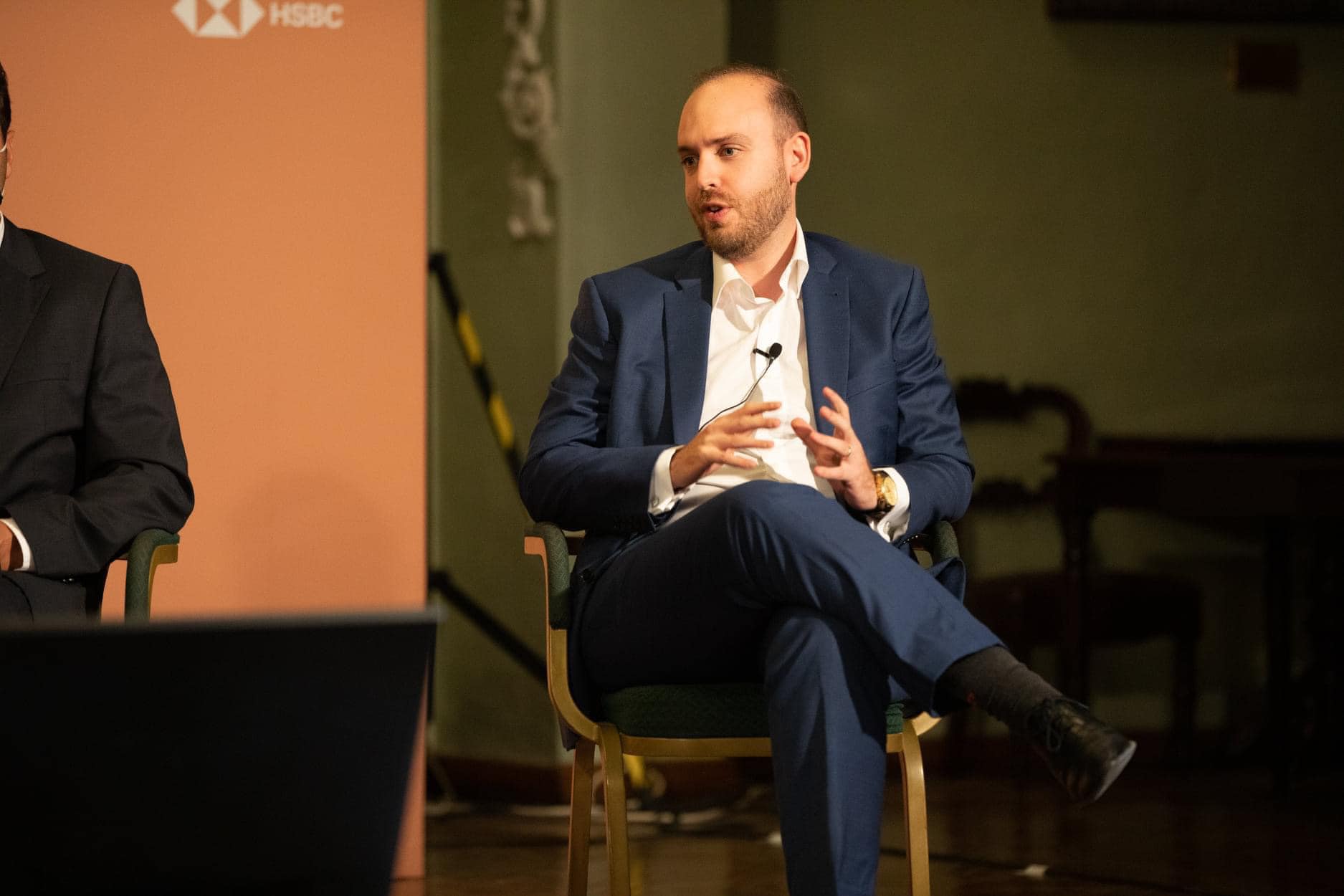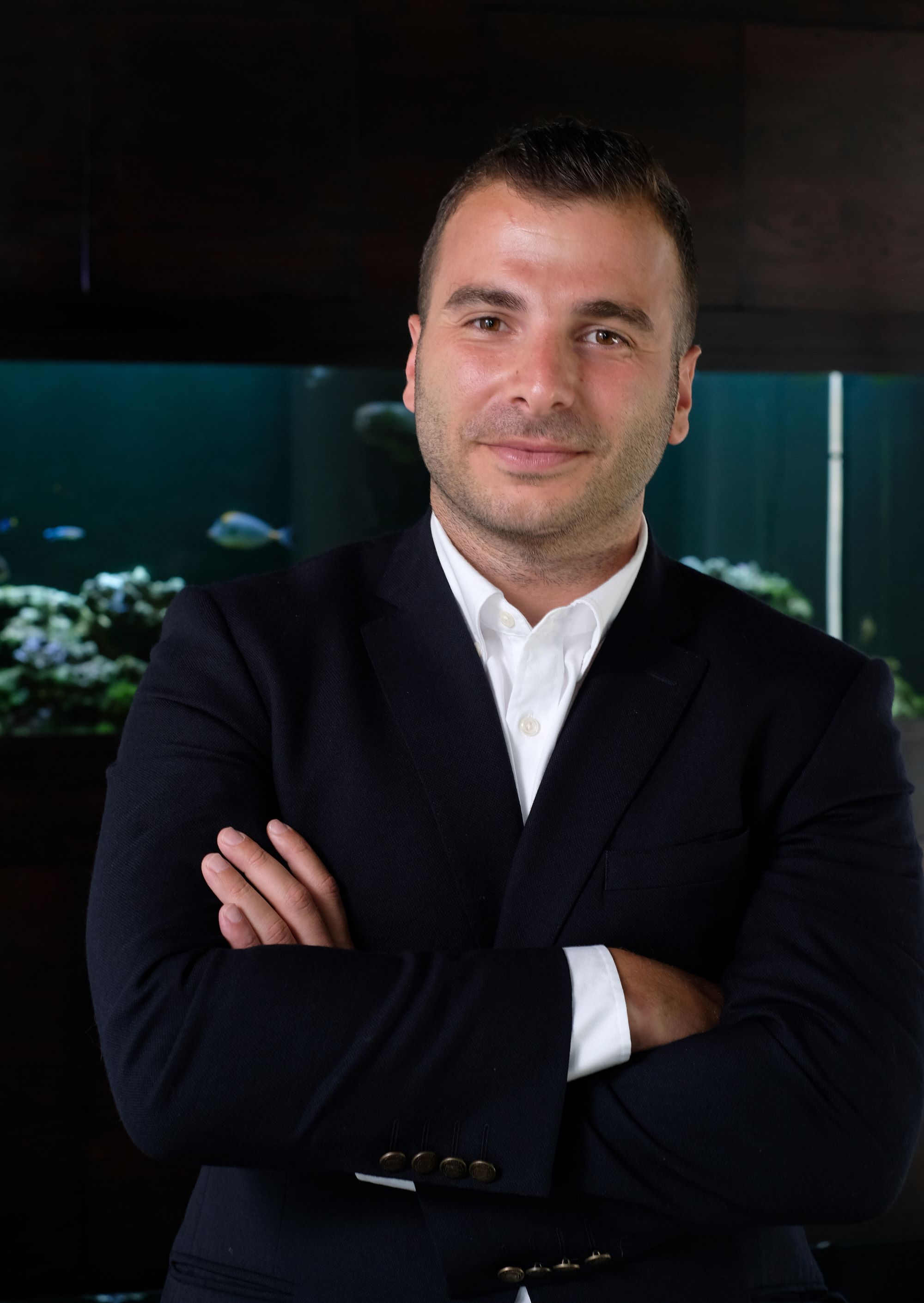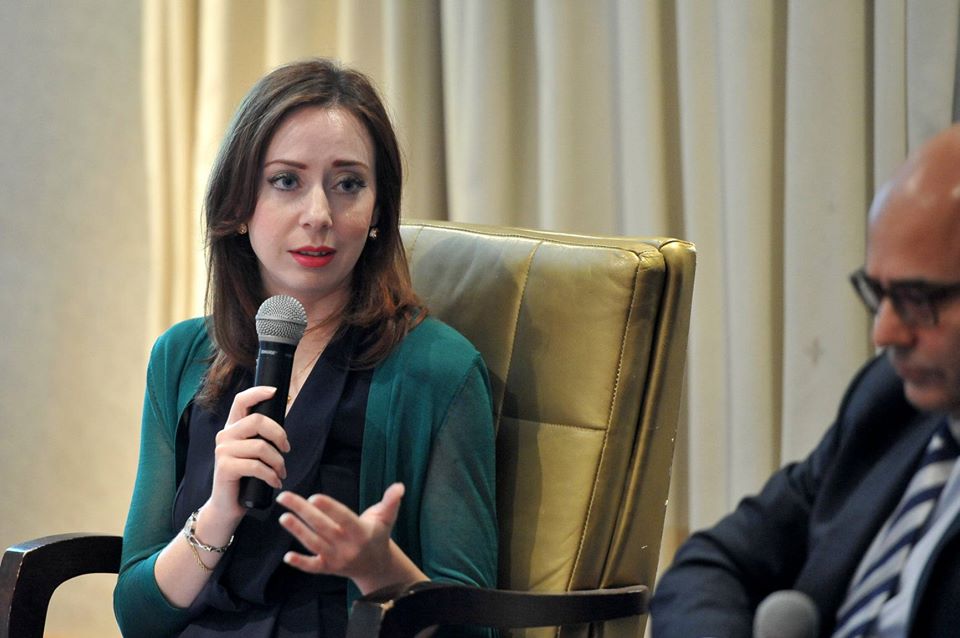Digitisation, e-commerce, e-payments, business rebooting and even a gelato cup were some of the avenues creative entrepreneurs have sought to follow to deal with the devastation wrought by COVID-19, according to comments received by The Malta Business Observer from various SMEs.
In late 2018 and early 2019, the ice cream franchise, Sottozero, embarked on a project based on a business plan to grow from a family-run company to a European franchise.
This required the consolidation and streamlining of operations, in line with the business strategy of increasing points of sale around Malta and Gozo.

Edward Mizzi - General Manager of Sottozero Group
The second phase – entailing an operational overhaul – was intended to launch a digitisation platform for the franchise, aimed at facilitating online sales and enhancing customer experience.
These plans were inevitably disrupted when the pandemic emerged and the expansion project had to be postponed to the beginning of 2021 due to the company’s re-engineered business plan that prioritised digitisation projects, Sottozero Group General Manager Edward Mizzi shared.
“We entrusted staff with ambitious projects and motivated them on crucial functions that determined our survival and also outlined a future focus for the franchise. For every cloud, there is a silver lining,” he said.
Sottozero invested in its human capital, which, the General Manager remarked, would be crucial when the software application solution will be launched next year.
Based on the 15 years of experience in the catering industry, Sottozero Group is thereby moving towards eliminating queuing at retail outlets and providing customers added value in terms of an efficient and a swift service.
The company also embraces new e-payment solutions, which will help it cut costs and provide a ‘safer’ service for frontline employees and customers alike, Mr Mizzi explained.
A drop in sales led to the closure of the company’s Sliema outlet but the other in Buġibba remains open.
The initial signs of decline, due to the pandemic, were experienced in February, with an estimated loss shooting up to 70 per cent when compared to 2019.
As a result, the General Manager said the company re-engineered activity at the Buġibba outlet as it capitalised on its assets and resources to minimise losses.
Sottozero even launched a take-away gelato cup product that was so popular, sales of the product amounted to 12 per cent of the total between June and September, he added.
Digitisation made up for the losses the company was forecasting for the Buġibba operations and, in fact, turnover grew by about 10 per cent due to the switch to digital methods, he noted.
Mr Mizzi remained hopeful tourism will start catching up towards the end of the first quarter of 2021, especially if an effective vaccine is available, acknowledging, however, that, in terms of footfall and tourist numbers, it would be “nowhere close to 2019”.
He reaffirmed that Government aid measures were essential for survival. To him the Government’s commitment to support businesses even into the forthcoming months – in his view, the most severe of the pandemic – was an encouraging sign.

Matthew Bezzina - Co-founder and CEO of eCabs
In the transport sector, Matthew Bezzina, Chief Executive Officer of eCabs Ltd, was asked whether it is necessary for enterprises to re-engineer their business model and in his view, ‘necessary’ is an understatement and ‘fundamental’ would be a better term.
“Geopolitical factors, market forces, natural disasters, pandemics – which we will probably get to experience again in our lifetime – as well as new technologies and the inevitable rise of AI will necessitate businesses to have enough foresight and organisational structures in place to pivot and adapt to change in this ever-changing landscape,” he remarked.
Mr Bezzina noted that he entered the ride-hailing industry at a time when the disruptive era was still in its embryonic stage.
In fact, it was his company that triggered the disruption, he pointed out, adding that such disruption delivered a lesson: to continuously challenge the status quo and drive change, depending on the needs of the market, irrespective of the internal and external forces that will inevitably resist such change.
Re-engineering is a never-ending process – it has no beginning and no end, he stressed. Adapting to the ever-changing needs of the commercial and digital environment ensures the operational and financial sustainability of any business, Mr Bezzina asserted.
Resistance to change is inevitable, he said. However, stakeholders slowing down or opposing change need to be let go.
As to Government involvement in the evolving process, he feels the state must adopt a proactive approach, preparing and legislating for new technologies and concepts that will hit Malta’s shores in the very near future.
This country, he continued, must learn from the eye-opening experience and avoid past mistakes, thus steering clear of adopting an ultra-reactive approach when dealing with new technologies. In his view, the Government should also intensify its efforts to encourage companies to go for digitisation and reward those that invest in tech R&D.
“The COVID-19 reality exposed a number of fissures in the foundations on which the economy is built: an over-reliance on construction and tourism is simply not sustainable and it is fundamental that the country immediately kick-starts a weaning process from these two specific industries,” the eCabs CEO insisted.
What lies ahead? His reply is ominous: it will have to get worse before it gets better.
Operating in the events sector, Gianni Zammit, Director and Chief Executive Officer, Jugs Malta, echoed many of these thoughts. “Unfortunately, when something as unexpected and game-changing like a pandemic hits your business, re-engineering and rethinking your business model is essential and not just necessary,” he said.
He explained that, when COVID-19 hit, “it wiped us out 100 per cent”. Nothing the company offered could be done: no team-building activities, no events and no conferences.

Gianni Zammit - Director and CEO of Jugs Malta
“We quickly put on our ‘out-of-the-box thinking hats’, which we are well known for wearing, and looked at potential and immediate changes and diversification to our business,” Mr Zammit added.
“Has this saved and salvaged the entire company? Far from it, but I believe it helped us weather the storm and retain as many of our team as possible and ‘survive’ for as long as we have till today,” he acknowledged, adding that the management rebooted the company with a few major updates.
As a result, the Director asserted, Jugs Malta is now in a stronger position to build “a tomorrow, a tomorrow that has the potential to be better and bigger than yesterday, and a tomorrow that has the company more aware of the ‘business dangers’ that can sneak upon it,” he said.
The months ahead, he said, will be challenging “in a rebirth manner”. Thus, “we are re-imagining the way we bring people together, rebuilding what needed to be changed and using our past to inform the future of our business, our people and our clients,” Mr Zammit asserted.

Jo Caruana - Founder of Finesse Group
Regular re-engineering is critical, according to Jo Caruana, who founded the Finesse Group, which helps global enterprises to curate their customers’ experiences – from effective communication to excellence in customer care.
“The business world is changing at an unprecedented pace and last decade’s rules no longer apply. This is where an outside eye can be truly valuable in helping to assess what is working and what is not.
Again, just because your communications, systems, processes and teams were effective just after you set up, or when you last had a growth spurt, this does not mean they are still reflecting you at your best now,” she remarked.
She pointed out that, over the past few years, the Finesse Group helped countless organisations, ranging from micro start-ups to global chains, to take a long, hard look at themselves, evaluate what is working and what is not, and then re-engineer change.

Abigail Mamo - CEO of the Chamber of SMEs
Speaking more generally, Abigail Mamo, Chief Executive Officer of the Chamber of SMEs, explained that, after COVID-19 hit Malta, businesses went through a process of digesting the new situation they were facing, and understanding what was happening to assess how best to proceed.
The SMEs Chamber urged members to use time wisely. In their own way, many of them responded to its appeals and recommendations in varying degrees, she continued. There were those that did not waste time and changed the market in which they operated – drastically, in some cases. Others tweaked operations, considerably improving the manner in which they worked.
Most had to adapt to the new situation of working remotely, she added. Ms Mamo pointed out that such changes would usually take months and even years to implement but, in view of the prevailing circumstances, they had to be executed within weeks or just a few months.
She now sees the urgent need for Government to embark on a consultation process leading to the drafting of an economic plan that will also list those new sectors the country should be focusing on.
At present, she continued, businesses are using conjecture to establish a way forward, but it would help immensely if they were to have clear direction from the Government in order to work together for a sustainable economy.
“The Government must come up with aggressive schemes to attract businesses to the sectors deemed necessary for the future and to, also, launch more incentives to assist sectors facing difficulties but which can become part of the country’s new economic plan,” Ms Mamo asserted.
This feature was first carried in the November edition of The Malta Business Observer
Main Image:
